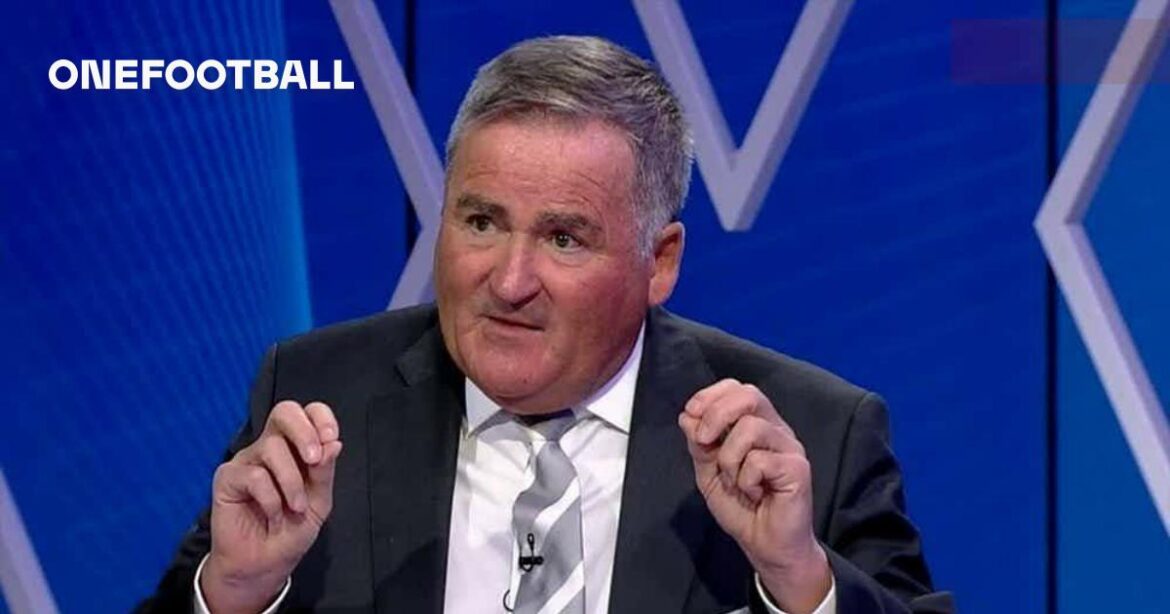Unpacking the Latest Newcastle United Takeover Debate
Context of the Controversy
Richard Keys has weighed in on the ongoing discussions surrounding the recent developments in Newcastle United’s takeover saga. The Premier League greenlit a significant shift in ownership for Newcastle United back in 2021 when Mike Ashley sold his stake to a consortium that included Saudi Arabia’s Public Investment Fund (PIF), along with contributions from Amanda Staveley and the Reuben family. This pivotal transition for the club was finalized on October 7, 2021, marking a new chapter under its current owners.
The Allegations Immersed in WhatsApp Messages
Recently, leaked WhatsApp communications involving Amanda Staveley have surfaced, suggesting that Crown Prince Mohammed bin Salman had substantial control over this acquisition. Such revelations have led to speculation and raised questions regarding governance and ownership transparency at Newcastle United. However, it appears we can speculate about who might be behind these leaks—they seem intended to create friction for the club’s current management.
According to an exclusive report from The Mail, despite these allegations related to Crown Prince Mohammed bin Salman’s involvement, the Premier League has decided against revisiting their assessment of the PIF-led takeover. They clarified that while they were aware of governmental interactions at that time, it did not sway their decisions regarding their Owners’ and Directors’ Test evaluations.
Amanda Staveley’s legal counsel argues that any reference she made concerning Crown Prince Mohammed bin Salman was solely within his role as chairman of PIF. They contend drawing conclusions about a lack of separation between state interests and club operations is both unfounded and illogical.
Richard Keys Joins the Conversation
Keys is eager to engage with this ongoing debate related to Newcastle’s ownership situation. He references reports from The Telegraph indicating claims about Crown Prince Mohammed bin Salman’s dominance over the acquisition process while also hinting at British government involvement through alleged communications shared via WhatsApp messages.
He emphatically dismisses these suspicions: “This simply cannot be accurate,” he states firmly In addition, he recalls insights offered by Tracey Crouch during her review focused on football governance—where Crouch highlighted a genuine need for independent oversight within football structures while casting doubt on whether such scrutiny would permit Newcastle’s transaction.
It’s worth noting here: The sentiment remains consistent; external regulators likely would not alter what transpired since parties involved favored this deal progressing during that period.
Looking Ahead: Governance Challenges Remain
Although some may criticize Eddie Howe’s omission as England manager without considering diversity among candidates or adhering strictly to FA policies aimed at promoting minority representation within top roles—a focus on governance remains paramount amid such discussions surrounding clubs like Newcastle United as they navigate complex issues threading ownership with broader societal implications.
As situations evolve at clubs like Newcastle guided by outside interests—fans and stakeholders will continue pressing for clarity around operational independence against government influence leading into future growth opportunities within sports leagues globally where similar dynamics often play out.

